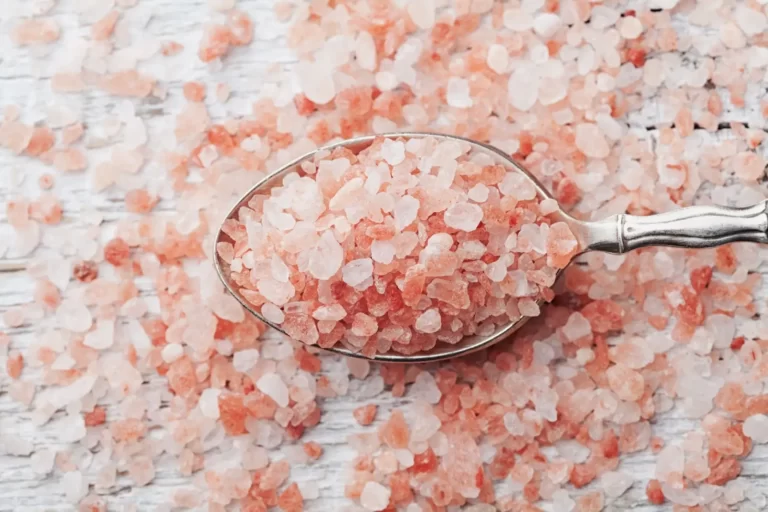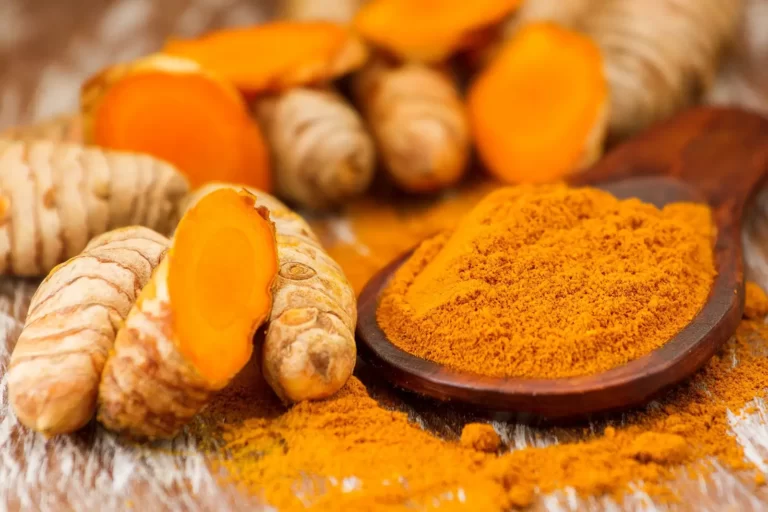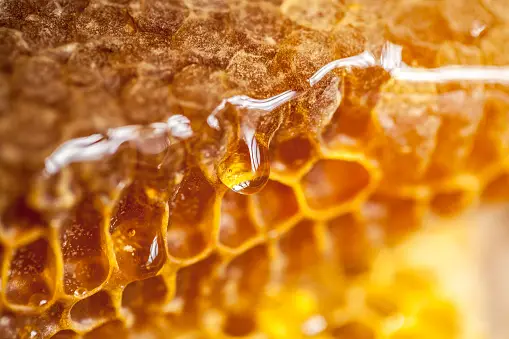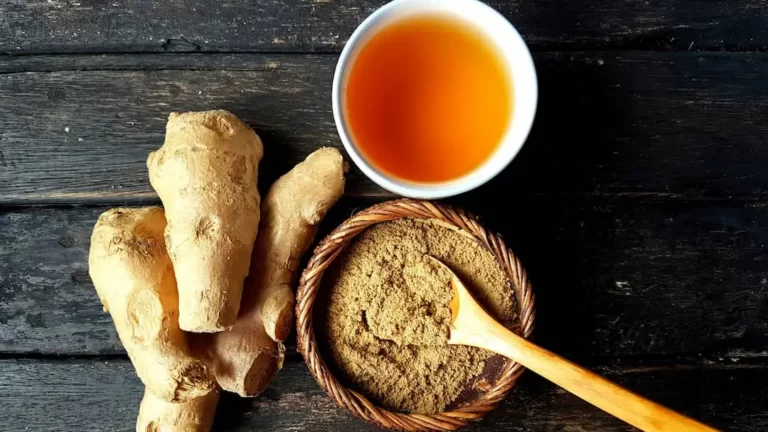The “not- so-sweet” truths about sweeteners!

Breaking up with sugar is difficult! Yes, especially for all of you people with a sweet tooth. Sugar has a semi-sweet reputation because of its effects on health. It is naturally found in all food items containing carbohydrates like grains, fruits & vegetables, and also dairy products. In addition to serving as an energy source for the production of glycogen, lactate, and triglycerides, sugar also has several other actions or functions. The food technology industry uses sugar as a preservative, flavor balance, texture modifier, coloring & bulking agent, and many more.
As per information on the website of the National Center For Biotechnology Information – The American Heart Association recommends that adult females consume ≤6 teaspoons (∼25 g) and that adult males consume ≤9 teaspoons (∼38 g) of added sugar daily.
Nowadays the food industry is using artificial sweeteners as they contain less or no calorie value. An artificial sweetener acts as a food additive, which mimics the effect of sugar on taste, and therefore it is named as a sweetener. They are alluring alternates for people who are targeting weight loss. Consumers often select those foods, which are composed of low-calorie sweeteners because they want the taste of sweetness without the added calories. Major names of artificial sweeteners are
- Saccharin
- Aspartame
- Sucralose
- Neotame
- Stevia (Only sweetener that comes from plant-based resources)
Practically there are no potential advantages of sweeteners –
- Manufacturers put artificial sweeteners to increase the shelf life of the products. When we consume this added sugar, the real problem starts.
- When you choose artificial sweeteners, you replace sugar with chemicals!
- Some experts say that artificial sweetener causes an increased risk of disease, including cancer, and could cause neurological problems or raise cholesterol levels by changing how the liver can process fats. Several studies also show that the regular consumption of an artificial sweetener can increase your cravings for other sweet items.
- Bakery items’ outcome does not match to a professional level unless and until artificial sweeteners are added to them.
- Increased metabolic issues have been reportedly seen in youngsters after the usage of products containing sweeteners.
Animal studies suggest that artificial sweeteners may be addictive. In studies of rats who were exposed to cocaine, then given a choice between intravenous cocaine or oral saccharine, most chose saccharin. In most cases they are hidden ingredients. As per the National Center for Biotechnology information – Increased incidence of obesity, diabetes, and metabolic syndrome, coupled with heightened consumer awareness, has led to a steady paradigm shift toward the use of low-calorie artificial sweeteners.
Take-Home Message
If you feel that these sweeteners are not your choice of product for your health, then going back to regular sugar is even not the right choice. Instead, you can try for unrefined natural sweeteners like jaggery, desi khand, honey, maple, or organically made syrups.







